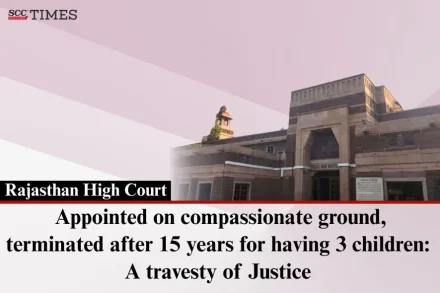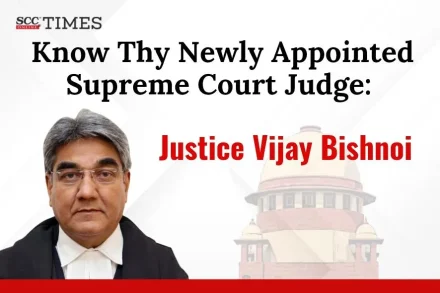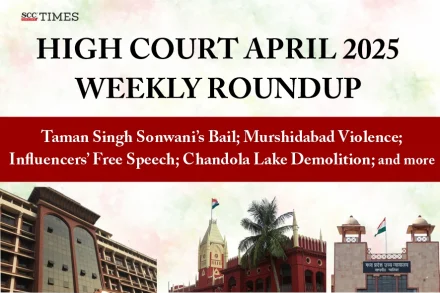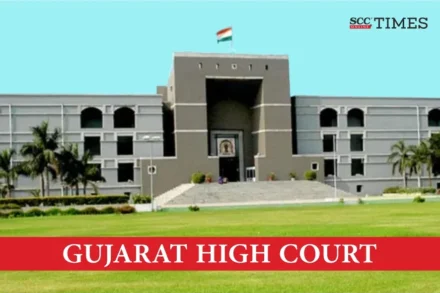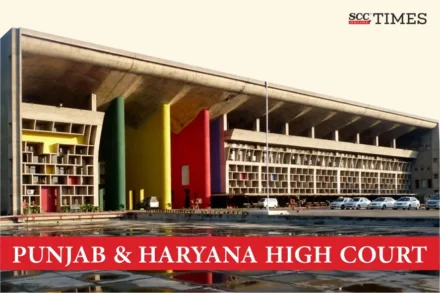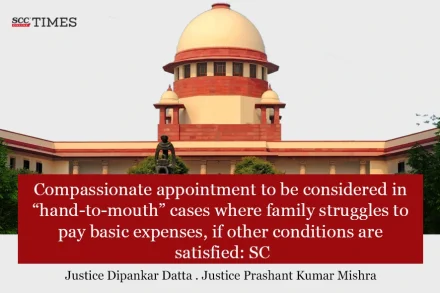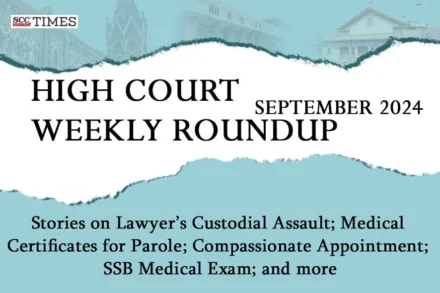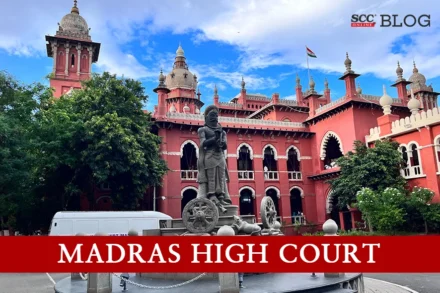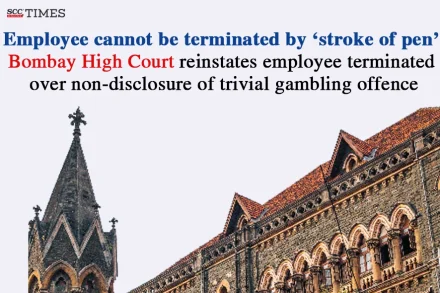
Employee cannot be terminated by ‘stroke of pen’: Bombay High Court reinstates employee terminated over non-disclosure of trivial gambling offence
“The employer should take into consideration all relevant facts and circumstances available as to antecedents and keeping in view the objective criteria, while taking appropriate decision. Mere suppression does not mean that employer can arbitrarily terminate the services of employee.”




